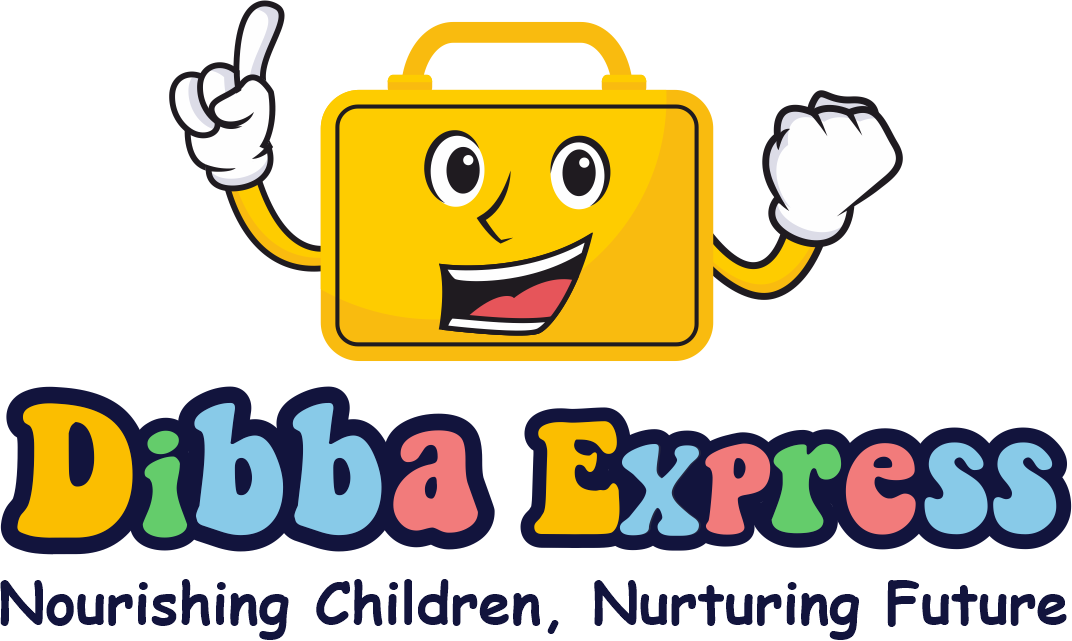Fostering Independence: Teaching Your Child to Make Healthy Food Choices
Introduction:
In today’s fast-paced world, where convenience often dictates dietary choices, teaching children to make healthy food decisions is more crucial than ever. Establishing good eating habits early in life can pave the way for a lifetime of healthy choices. This blog explores how parents and educators can foster independence in children’s eating habits and the critical role Dibba Express plays in this educational journey.
Understanding Independence in Eating:
Independence in eating refers to the ability of children to make conscious, healthful food choices. Encouraging this autonomy doesn’t just help children feel empowered; it also instills a deep understanding of nutrition that can lead to lifelong healthy eating habits. According to a study by the American Academy of Pediatrics, children involved in meal planning and selection are more likely to eat what’s prepared and enjoy a balanced diet.
Strategies to Encourage Independent Eating Habits:
- Engage Children in Meal Planning: Involvement in meal planning is a fantastic way for children to understand the components of a healthy meal. Allow them to pick vegetables and fruits during grocery shopping, and involve them in simple meal preparations. This not only makes them feel valued but also enhances their knowledge of nutrition.
- Educational Grocery Shopping: Turn grocery shopping into a fun learning activity. Teach children how to read food labels, understand nutritional values, and choose foods based on their benefits. This practical experience is invaluable and can make them more health-conscious.
- Cooking Sessions: Regular cooking sessions can be a fun way to educate children about food. Simple recipes like making a vegetable sandwich or assembling a fruit salad can be great starters. Explain the health benefits of each ingredient as you go, making the session informative and fun.
- Discuss Nutritional Benefits: Regular discussions about how certain foods can affect their bodies, such as how carrots are good for eyesight or spinach can make them stronger, can motivate children to choose healthier options independently.
Dibba Express’s Role in Supporting Independence:
Dibba Express integrates these educational principles into its meal offerings. Every meal is an opportunity to learn:
- Menu Cards with Nutritional Facts: Each Dibba Express meal comes with a menu card that outlines the nutritional facts of the included foods. This not only helps children learn about what they are eating but also aids in making informed choices in the future.
- Balanced Meals: Dibba Express ensures that each meal is balanced with the right amounts of carbohydrates, proteins, and fats, along with essential vitamins and minerals, teaching children what a balanced meal should look like.
- Engagement Activities: Dibba Express regularly organizes food quizzes and fun facts about meals, making mealtime both educational and enjoyable.
Conclusion:
Fostering independence in eating is about more than just teaching children to choose vegetables over chips; it’s about instilling a lifelong habit and understanding of nutrition that will govern their food choices forever. By integrating Dibba Express into this educational process, schools and parents can ensure that children are not only well-fed but are also well-educated about their dietary choices.

